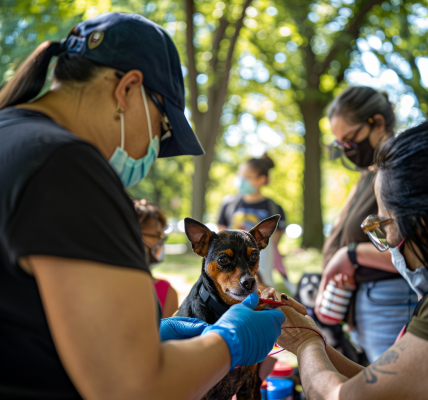Study Finds Elevated Risk of Joint Infection After Chemotherapy Following Joint Replacement Surgery
If you’ve recently undergone joint replacement surgery and are facing cancer chemotherapy in the future, a new study suggests that your risk of joint infection may be elevated. This finding could have significant implications for the millions of Americans who have received new joints.
Research conducted by Dr. Janet Conway, an orthopedic surgeon at the Rubin Institute for Advanced Orthopedics in Baltimore, indicates that individuals who have had total knee, hip, or shoulder replacements and later undergo chemotherapy are more likely to experience infections in the replaced joint compared to those who did not undergo chemotherapy.
Dr. Conway emphasized the importance of understanding the factors that contribute to postoperative infections, given the physical, emotional, and financial toll they can take on patients. The study, which tracked outcomes for over 17,000 patients, highlights the need for further investigation into how to protect joint replacement patients from infections.
This groundbreaking research, published in the May issue of Archives of Orthopaedic and Trauma Surgery, sheds light on a previously unexplored connection between chemotherapy and joint infection risk. The study underscores the necessity for additional research to develop strategies for safeguarding individuals with joint replacements.
As more information emerges about this potential risk, it is crucial for healthcare providers and patients to be aware of the implications. By staying informed and proactive, individuals can take steps to mitigate the risk of joint infections following chemotherapy post joint replacement surgery.
For more insights on knee replacement and related topics, consult reputable sources like the Mayo Clinic to stay informed about the latest developments in orthopedic care.





